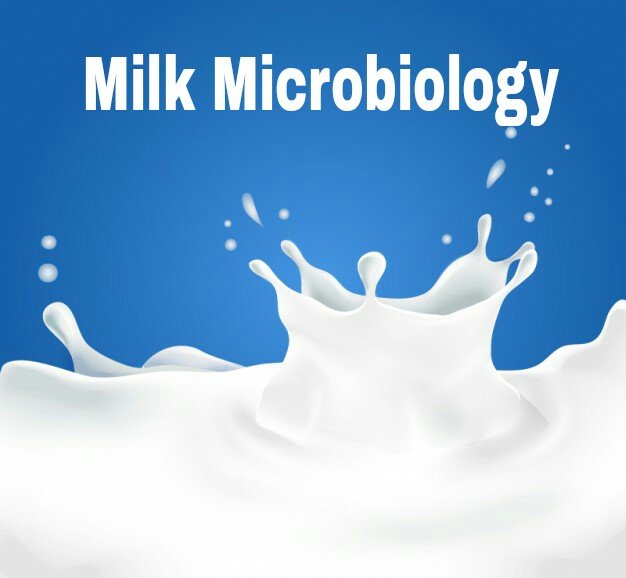Microbiology Of Milk and Spoilage Control Of Milk
Hello, Friends
Here is my new entry on steemit with an amazing and great post my this post will be about Milk and Milk microbiology. Milk is special food for everyone because it is complete diet such food that give us all nutrients in required form but unfortunately Milk quality is degrading day by day due improper hygiene conditions during milking that's why my this post will be as a guidance to Improve milk quality in thisbpost I will simply show Microbiology of milk that mean which microbes can take part in the spoilage of milk so let's see.
Image Source
MICROBIOLOGY OF MILK
Milk is synthesized in the specialized cells of the mamary gland and is virtually sterile when secrated into the alveoli of the udder beyond this stage of milk production microbial contamination can generally occur from three main sources.
- From within the udder
- From the exterior of the udder
- From the surface of milk
Microbes found in Milk
- BACTERIUM
These are microscopic, unicellular, occurs in the form of spherical, cylindrical or spiral cells some important bacterias in milk are
a) Lactic Acid Bacteria
These group of bacteria are able to ferment lactose to lactic acid they are normally present in milk and are used as starter cultures in the production of cultured dairy products such as yoghurt.
b) Coli forms
Coli forms are facultative anaerobes with an optimum growth at 37c , Coli forms are indicator organisms, they are closely associated with the presence of pathogens but not necessarily pathogenic themselves they also can cause rapid spoilage of milk because they are able to ferment lactose with the production of acid and gas and are able to degrade milk proteins, they are killed by HTST treatment therefore there presence after treatment is indicate of contamination.
2) MOULDS
Multicellular, at maturity are as mycelium, these are useful in cheese making which is responsible for defects in butter and other milk products, most spores of moulds are destroyed by pasteurization.
3) YEAST
Unicellular large than bacteria these are destroyed during pasteurization that is heat treatment at 72-85 degree C.
4) ViRUSES
Viruses are ultramicroscopic forms of like can be destroyed by pasteurization or through Sterilization.
Regards : @muhammdajmal

Congratulations @muhammadajmal! You have completed some achievement on Steemit and have been rewarded with new badge(s) :
Click on any badge to view your own Board of Honor on SteemitBoard.
For more information about SteemitBoard, click here
If you no longer want to receive notifications, reply to this comment with the word
STOP